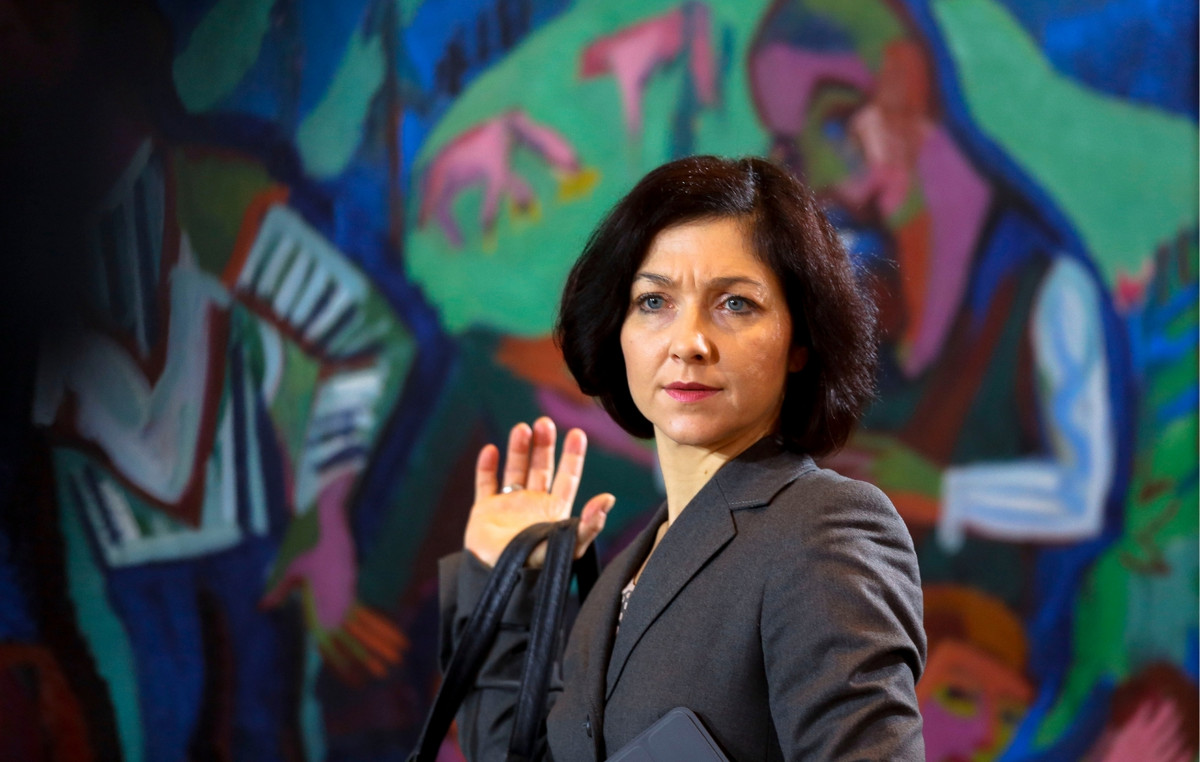The simple structure makes viruses have a great capacity for modification. Since the beginning of the Covid-19 pandemic, the coronavirus has continued to evolve, giving rise to many descendant and even recombinant lineages.
One of the most recent is the BQ.1 an underlining of BA.5 gives omicron , which carries mutations at important points in the virus. The World Health Organization (WHO), which continuously monitors the different strains, points out that the strain has already been detected in 65 countries, including Brazil, and has a prevalence of 9%.
Faced with the identification of a new variant of the coronavirus, scientists seek to identify possible impacts of the strain on vaccines in use and for diagnostic tests, in addition to clinical characteristics such as transmissibility and severity of the disease.
At least five states already register cases of the subvariant in the country: São Paulo, Espírito Santo, Rio Grande do Sul, Rio de Janeiro and Amazonas. See what is already known and what remains uncertain about subvariant BQ.1.
New wave of Covid-19
To date, BQ.1 shows a significant growth advantage over other Omicron strains circulating in many locations, including Europe and the United States.
Globally, during the month of October, more than 103,000 sequences of the SARS-CoV-2 virus were shared in the international Gisaid database. Of this total, 99.9% were of the Ômicron variant, according to the WHO.
During the epidemiological week of October 10-16, Ômicron’s BA.5 and its descendant lines continued to be dominant in the world, representing 74.9% of the sequences submitted to the platform.
A comparison between the first and second week of October shows an increase in sequence prevalence from 5.7% to 9% of BQ.1. BA.5 descendant lines with additional mutations in the Spike protein, used by the virus as a gateway to human cells, increased in prevalence from 19.5% to 21%.
The WHO indicators are in line with the increase in the number of positive tests for Covid-19, as pointed out by a survey carried out by the Brazilian Association of Pharmacy and Drugstore Networks (Abrafarma).
“We have really seen an increase in the number of cases in recent weeks and also in outpatient and hospital care. A high number of patients with Covid-19, probably secondary to the increase in the circulation of new variants of Ômicron in the country”, says infectious disease specialist Álvaro Furtado, from Hospital das Clínicas, University of São Paulo (USP).
Researcher José Eduardo Levi, from the University of São Paulo (USP), explains that BQ.1 has additional mutations compared to other lineages of Ômicron.
“These are Ômicron that already have three more mutations on BA.5. AND in vitroin the laboratory, these mutations confer a lot of resistance to neutralizing antibodies both generated by the vaccine and by people who had an infection with Omicron BA.1, BA.2 or BA.4 and BA.5, and were vaccinated or not”, said Levi. , which also works in the research and development areas of Laboratories Dasa.
The researcher explains that mutations present in the Spike protein can contribute to increased transmissibility and the ability to infect the coronavirus.
“These are variants that increase transmissibility, in this case here, some other characteristics of diffusion capacity as well, which increases the capacity for infection, and a very significant escape both from the vaccine immune response and pre-exposure, but also from the monoclonal antibodies that are used for treatment”, he points out.
Levi estimates that the relaxation of preventive measures, such as the use of masks and hand hygiene, alongside events that favor agglomerations, such as the World Cup and the end-of-year festivities, can enhance the transmission of the virus and the spread of the virus. emergence of a new wave of the disease in the country.
“I look at the final two months of the year with concern. I think the number of cases will rise even more, because we have had electoral agglomerations, there has been no type of precautionary measure, preventive measures, almost no one is wearing a mask, we are agglomerating a lot. There will be the World Cup and then the end-of-year festivities, so I think it’s possible that we’ll have a new wave in January,” he says.
Impacts on immunity and vaccines
According to the WHO, it is likely that these additional mutations conferred an immune escape advantage over other circulating sublines of Ômicron, which indicates the need for an assessment of an increased risk of reinfection by BQ.1 disease.
In October, the Technical Advisory Group on Evolution of the SARS-CoV-2 Virus met and decided by consensus that, based on currently available evidence, subline does not differ from Ômicron in terms of escaping immunity to be designated with a new classification.
“Although to date there is no epidemiological evidence that these substrains have a substantially higher risk compared to other Omicron substrains, we note that this assessment is based on data from sentinel nations and may not be fully generalizable to other settings. Broad, systematic, laboratory-based efforts are urgently needed to make such determinations quickly and with global interpretability,” the group said in a statement.
Based on currently available knowledge, vaccine protection against infection may be reduced, but no major impact on protection against serious illness is anticipated. The impact of the immunological changes seen in vaccine leakage has not yet been established, according to the WHO.
disease severity
To date, there are no epidemiological data that suggest an increase in disease severity due to BQ.1 infection.
“Whether it will cause a more serious disease, we do not know, but we have seen that in São Paulo there is an increase in hospitalizations, ICU admissions, nothing compared to what has happened in the past, but there was an increase, yes, this increase was significant now in October,” says Levi.
The infectious disease doctor at the Hospital das Clínicas Álvaro Furtado says that patients have been showing symptoms common to the infection.
“Complaints and symptoms are pretty much the same as before: runny nose, fever, sore throat, and milder symptoms, especially since people are already vaccinated, most of them with at least two doses. We haven’t been able to observe an increase in the number of hospitalizations yet – of course, some elderly patients and those with comorbidities have been hospitalized more, but not in a significant volume to the point of seeing what we had in previous waves, there are more mild and outpatient cases”, says Furtado .
A series of actions make it possible to reduce the risks of transmission of Covid-19 and other diseases such as flu and colds. In addition to the use of a mask, hygiene measures such as hand washing, the use of alcohol gel and distancing from symptomatic people contribute to reducing the risks of infection.
Basic care helps prevent Covid-19
Source: CNN Brasil
I am an experienced journalist and writer with a career in the news industry. My focus is on covering Top News stories for World Stock Market, where I provide comprehensive analysis and commentary on markets around the world. I have expertise in writing both long-form articles and shorter pieces that deliver timely, relevant updates to readers.







